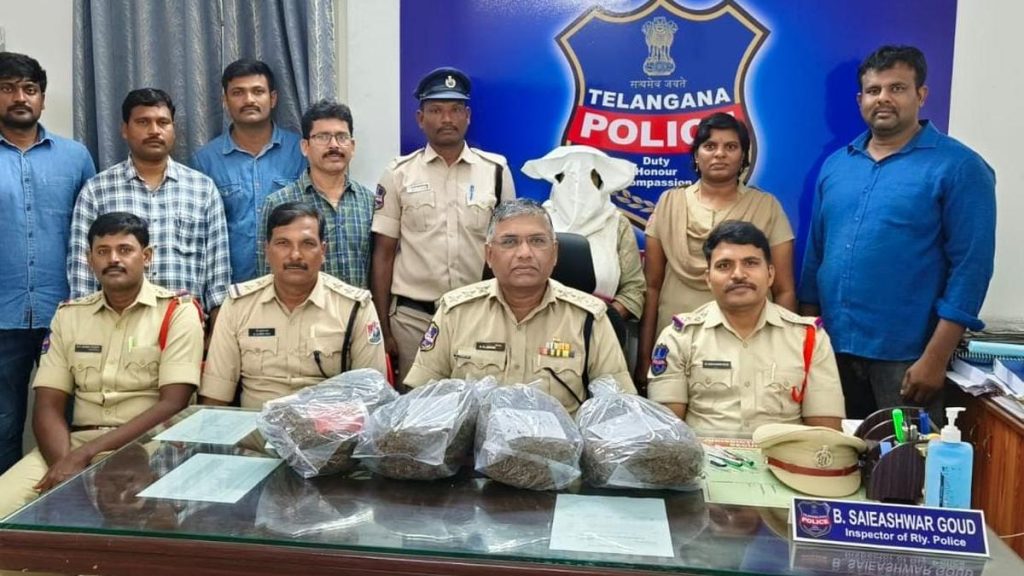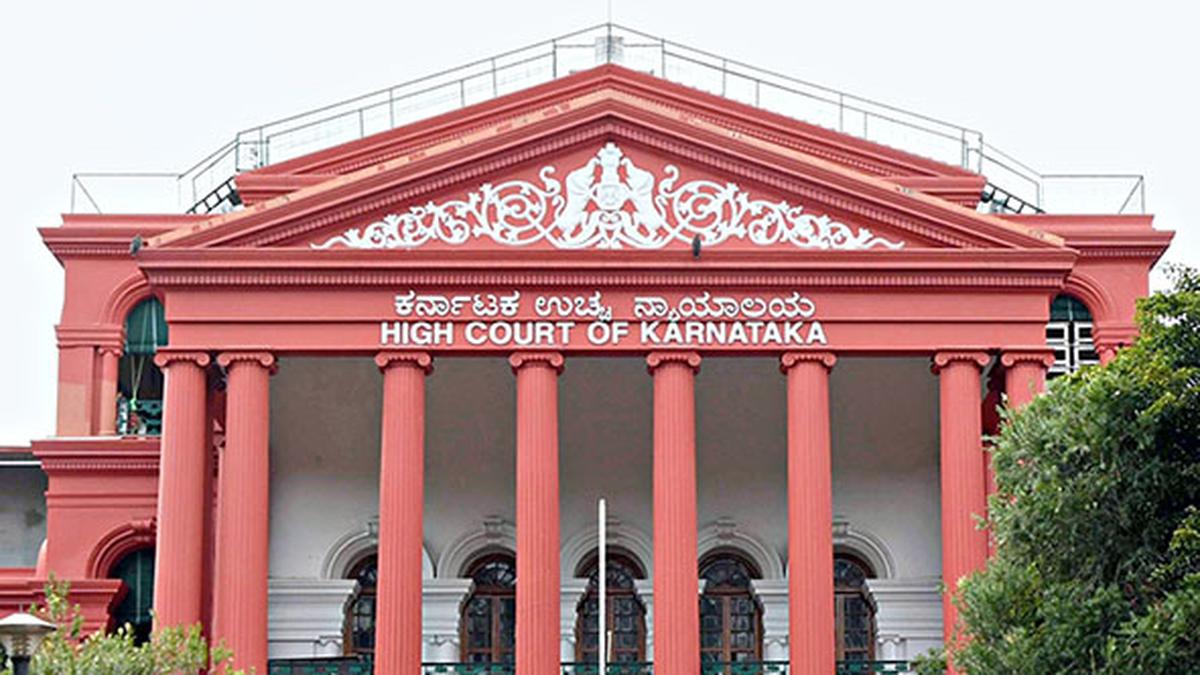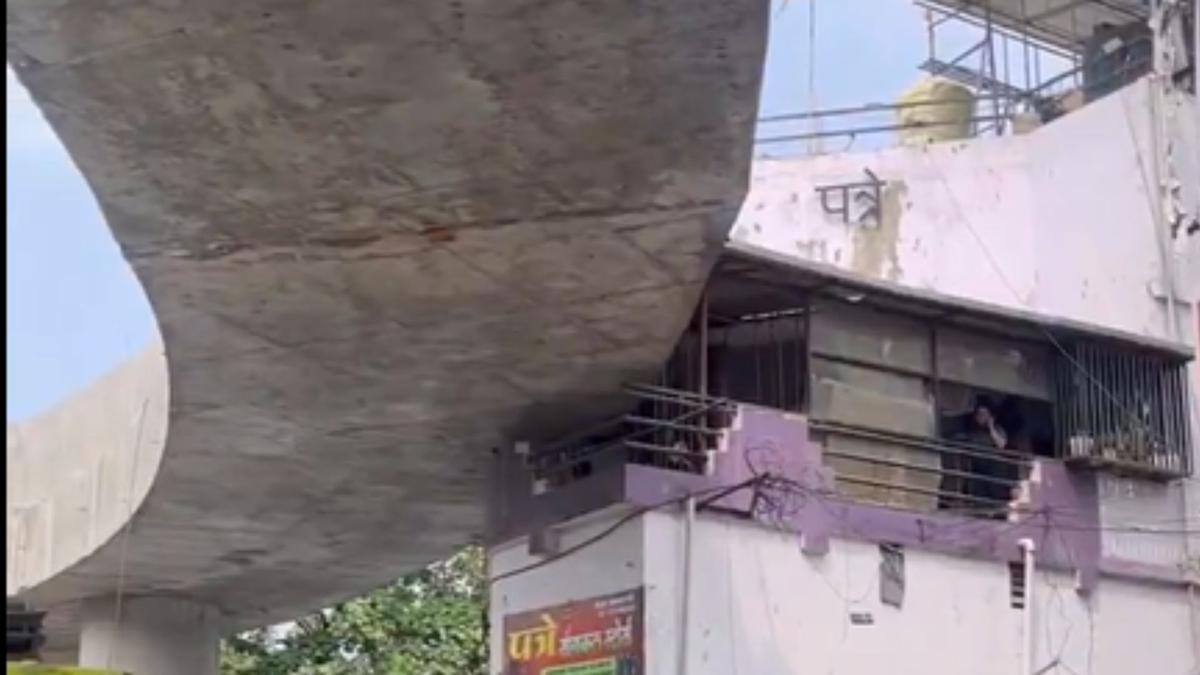Now Reading: Supreme Court Seeks State Responses on Challenges to Anti-Conversion Laws
-
01
Supreme Court Seeks State Responses on Challenges to Anti-Conversion Laws
Supreme Court Seeks State Responses on Challenges to Anti-Conversion Laws
Quick Summary
- The Supreme Court has sought responses from several states regarding petitions challenging anti-conversion laws enacted by some states, including Uttar Pradesh, Madhya Pradesh, Uttarakhand, adn others.
- Chief Justice B.R. Gavai and Justice K. Vinod Chandran have given the States four weeks to respond, wiht two weeks for rejoinders by petitioners.The matter will be heard in six weeks.
- Senior advocate C.U. Singh raised concerns about more stringent amendments made in Uttar Pradesh’s anti-conversion law, pointing to harassment and restrictions on interfaith marriages.
- Rajasthan recently passed its own anti-conversion legislation with severe penalties; similar laws across other states are being questioned for constitutionality.
- Advocate Vrinda Grover filed intervention applications challenging these laws in states like Haryana and Uttar pradesh; indira Jaising sought interim relief on madhya Pradesh’s law.
- Additional solicitor General K.M. Natraj opposed interim measures, arguing delays by petitioners in filing their cases.
- The court questioned the feasibility of identifying “deceitful conversions” as mentioned in certain pleas while appointing nodal advocates for coordination between parties involved.
- Petitioners cite constitutional violations (Articles 21 & 25), emphasizing personal liberty and religious freedoms suppressed by such legislations.
Indian Opinion Analysis
The Supreme Court’s ongoing deliberation over state-level anti-conversion laws touches upon crucial facets of constitutional rights versus legislative governance. These statutes aim to regulate conversions deemed deceitful or forced but potentially infringe individual liberties concerning religion (protected under Articles 21 & 25). amendments expanding third-party complaints risk legal overreach into personal relationships like interfaith marriages while raising concerns around misuse.
At a broader level, this case brings into focus tensions between social harmony objectives espoused by governments versus safeguarding personal freedoms guaranteed under India’s Constitution. While states assert control citing public order issues linked to religious conversion practices, challengers see these as restrictive policies fostering fear and harassment rather than genuine governance.
The decision holds notable implications-for both preserving judicial oversight over essential rights amid evolving societal dynamics and ensuring balanced legislative power within India’s federal structure.
For further details: Read More
























